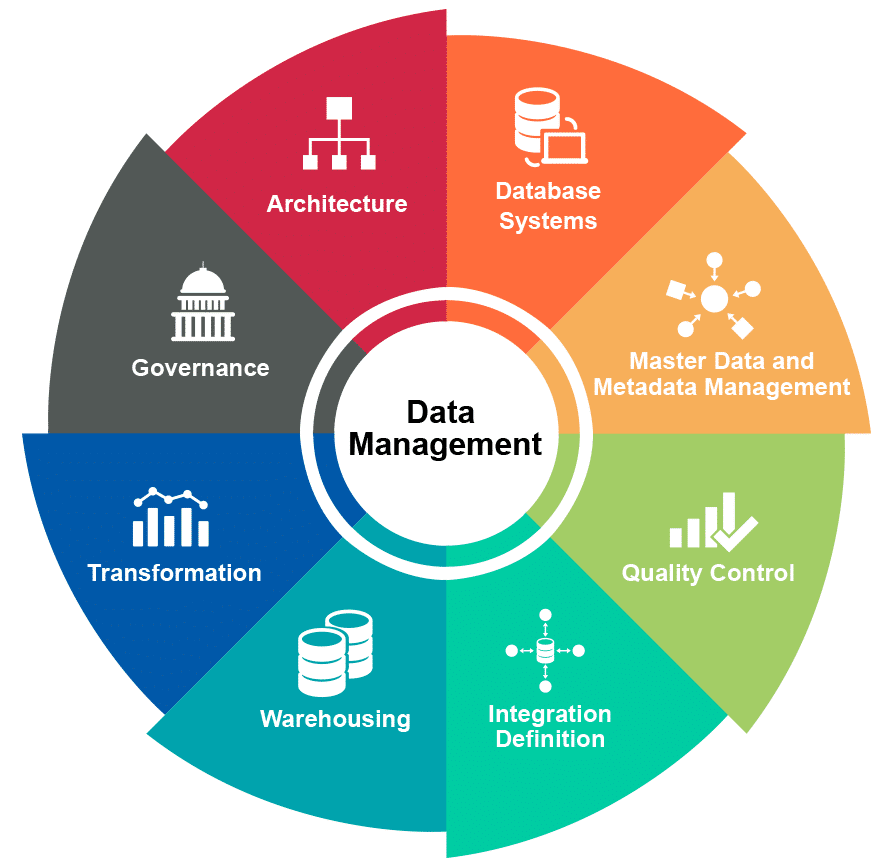Data Management
Co-chairs : Daniel Hayes, Victor Turpin
Rationale
The growing need for more systematic ocean information at local, national, regional and global scales to support our effort to understand ocean processes and their societal impacts leads the Ocean Observing Framework to encourage the creation of a global glider programm to complement the Global Ocean Observing System (GOOS).
In this context, OceanGliders program has recently been recognised by the OOPC (Ocean Observations Panel for Climate), and the IOC and WMO’s JCOMM OCG (Joint Commission on Oceanography and Marine Meteorology Observation Coordination Group), and is now engaging in the GOOS through these mechanisms. The OceanGliders program aims at addressing a limited number of scientific and societal issues that need a coordinated effort around appropriate EOVs (Essential Ocean Variables) and between already identified national and regional glider data centers to harmonize data management at a global scale.

Objectives
The OceanGliders Data Management Task Team (OGDMTT) is proposed here in order to develop a strategy and implementation plan for international coordination and governance. Many significant issues are important to be solved to allow true interoperability of ocean glider data and metadata regardless of the location of the data center or model of glider used. Examples include merging near real time (NRT) and delayed mode (DM) data streams, harmonizing quality assurance and control (QA and QC) in both cases, finding ways to efficiently handle technical and engineering data and meta data, identifying biogeochemical data handling, standardization of formats and protocols, web services and Application Programmatic Interfaces (API) among many others.
Expected Impacts and Benefits
Coordination and governance: The OceanGliders Steering Committee reflects the larger glider community when it expressed the desire to establish the DMTT, since it is a cross-cutting theme that could become a bottleneck for the other task teams and the community as a whole. Significant efforts have already been made at a number of major national and regional data centers, such as Ocean Networks Canada and Ocean Gliders Canada , Australian National Facility for Ocean Gliders (ANFOG), US National Glider Network (NGN) IOOS National Glider Data Assembly Center, and Everyone’s Gliding Observatory (EGO) and others. In order to streamline and « globalize » glider data, it is important to provide a means for any data management stakeholder to exchange complementary skills, knowledge and tools, while avoiding duplicating effort.
Visibility: By joining forces, we increase our visibility, contribution, and influence in the international arena of the GOOS, and maintain high level ties with the organizations and efforts to coordinate all kinds of earth observation data at the international level.
Harmonization: As mentioned above, harmonization of QA/QC and the definition of a common metadata basis are required for future glider data/metadata interoperability. Already there are at least three major glider data formats (IOOS, IMOS, EGO), and the OceanGliders DMTT platform provides an opportunity to produce a detailed analysis of each of the primary file formats from the glider vendors and the DAC groups and possibly design a format conversion tool between them. This would make it possible reconciling data formats and metadata between the major data repositories (either towards a merged format/consistent fields or a mapping from one to another). At the data provider and principle investigator level, harmonizing citation practices will ensure credit is given where credit is due when it comes to data collection, processing, and provision. Technical aspects of harmonization will be addressed, such as:
-
increased use of recognized controlled vocabularies (e.g., some of the NERC Vocabulary Server 2.0 (NVS 2.0) ones and cf CF convention for standard names),
-
introduction of globally unique identifiers (in addition to the wmo-id such as ICES platform codes, ORCIDs for people, DataCite/SEANOE DOIs for data , mission identifiers, etc.)
-
web services for better linked metadata/data might also be a useful direction – not just final data products, but mission metadata, tracklines, etc.
-
common software tools including their governance and code management practices
Members
We have contacted experts in data management who have an interest in glider data and metadata, both scientific and technical, and have invited them to take part in this exchange. Everyone who wants can have input into the plan developed now, and moving forward after this task team is formally closed. (Each task team is expected to last two years.)
Up to now, the following people have been contacted, and are considered to be the formal TT. This list will be updated periodically in order to consist of people who have responded positively and substantially with feedback.
| Name | Affiliation | Position | |
| Dan Hayes | dhayes@ucy.ac.cy | University of Cyprus | Chair |
| Victor Turpin | vturpin@ocean-ops.org | OceanOPS, France | Co-Chair |
| Guilherme Castelão | castelao@ucsd.edu | Scripps Institute of Oceanography, USA | DAC data curator |
| Justin Buck | juck@bodc.ac.uk | BODC, UK | DAC manager |
| Mark Hebden | mahe@bodc.ac.uk | BODC, UK | SeaDataNet Expert |
| John Kerfoot | kerfoot@marine.rutgers.edu | Rutgers University, USA | IOOS Glider DAC manager |
| Thierry Carval | thierry.carval@ifremer.fr | IFREMER, France | Coriolis lead |
| Corentin Guyot | corentin.guyot@ifremer.fr> | IFREMER, France | Coriolis Glider data manager |
| Mun Woo | mun.woo@uwa.edu.au | IMOS, Australia | IMOS Glider facility Data manager |
| Anh Tran | anh.tran@dfo-mpo.gc.ca> | DFO, Canada | DFO Glider data manager |
| Miguel Charcos Llorens | mcharcos@socib.es> | SOCIB, Spain | SOCIB Lead data manager |
| Emma Gardner | emmer@bodc.ac.uk> | BODC, UK | Glider data manager |
| Juan Gabriel Fernández Pineda | jfernandez@socib.es> | SOCIB, Spain | Head of Data Center |